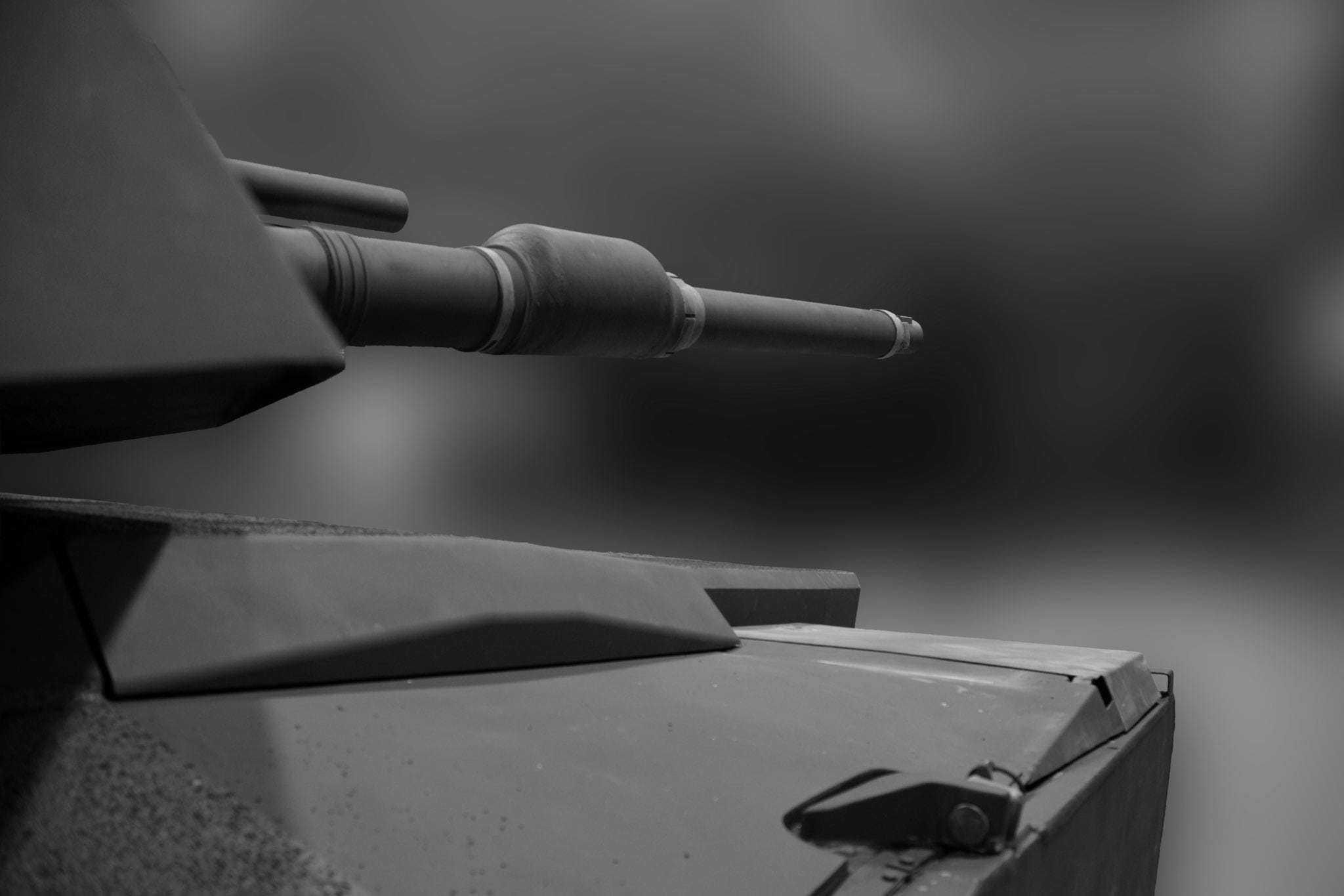WASHINGTON — Ashton Carter, the former deputy defense secretary, will be nominated to be the next defense secretary to replace Chuck Hagel, sources have told CNN and The Associated Press.
Carter served as the Pentagon's No. 2 civilian official from October 2011 to December 2013, and had a stint as the Pentagon's chief weapons buyer before that. He has mostly kept quiet since leaving the Pentagon.
Described as an "uber wonk" by Chairman of the Joint Chiefs of Staff Gen. Martin Dempsey at Carter's farewell ceremony last year, Carter was in the thick of the wartime rapid fielding initiatives of the past decade, playing a key role in procuring tens of thousands of hulking MRAPs to Iraq and Afghanistan in just about two years.
"It's lucky for us that you have worked without glamor or fame behind the scenes to make sure through good management and common sense and discipline that we are an organization that continues to adapt to the challenge that we find in front of us," Dempsey added at Carter's farewell ceremony.
Known for his ability to work through complicated budgetary issues while playing a large — and thoughtful — role behind the scenes, Carter has given few clues as to some of the priorities he would bring with him to the Pentagon.
He has stressed the need to retain some of the rapid fielding offices and initiatives that were stood up during the height of the wars in Iraq and Afghanistan.
"I very much hope we can retain that agility," Carter told the New York Times in a November 2013 exit interview just before departing the Pentagon. "Rapid fielding — not on a Cold War schedule of years and decades, because that's how slowly the Soviet Union changed, but on weeks and months, because that's how fast the battlefield has changed in Iraq and Afghanistan."
In a Foreign Affairs story published in January, he wrote that in a postwar environment, "it is important to understand what prevented the Pentagon from rapidly meeting immediate demands during those wars, what enduring lessons can be learned from its efforts to become more responsive, and how to put in place the right institutions to ensure success against future threats when agility is crucial."
These ideas are in keeping with the initiatives recently launched by Deputy Defense Secretary Bob Work and the chief weapons buyer Frank Kendall — both of whom hold offices previously occupied by Carter — that are aimed at streamlining acquisition processes, and rapidly developing new technologies to meet new threats.
And Carter has friends on the Hill.
Senate Armed Services Committee Chairman Sen. Carl Levin, D-Mich., who has seen many confirmation processes over his three decades in the chamber, told reporters on Tuesday that he believes Carter "would do very, very well in a confirmation hearing" run by Republicans in the new Congress.
"Offhand, I don't foresee that there would be a big issue because I think he's highly respected on both sides of the aisle," Levin said.
Republican lawmakers responded by stressing the president must change what some have dubbed a micromanaging style over the department, no matter who gets the nomination.
Carter is "a good guy," retiring House Armed Services Committee Chairman Rep. Buck McKeon, R-Calif., told reporters Tuesday morning.
"It's not the secretary. It's the president," McKeon said. "And he's going to keep going through these guys unless they do just whatever he tells them to do.
The lawmaker who is set to replace McKeon as HASC chair, Rep. Mac Thornberry, R-Texas., said of Carter: "I have a lot of respect for him."
"I hope that whoever gets the job has an understanding that he or she is going to do what's best and not be micromanaged from the White House," Thornberry said. "He knows the Pentagon. He certainly knows some of the acquisition issues I've been dealing with. So, we'll see."
Carter earned bachelor's degrees in physics and medieval history from Yale University in 1976. He received his doctorate in theoretical physics from Oxford in 1979, where he was a Rhodes Scholar.
He also worked as a postdoctoral fellow at Rockefeller University and MIT, as well as a research associated at Brookhaven and Fermilab National Laboratories.
In government, Carter has been awarded the Department of Defense Distinguished Service Medal four times, along with the Defense Intelligence Medal.
During the Clinton Administration, Carter was assistant defense secretary for International Security Policy. From 1990 until 1993, he served as director of the Center for Science and International Affairs at Harvard University's John F. Kennedy School of Government, and chairman of the Editorial Board of International Security.
Has co-edited and co-authored 11 books.
John T. Bennett contributed to this report.





